O fim da colheita se aproxima, as tulhas estão lotadas e a pergunta que assombra muitos produtores é: Como vou vender meu café?! É por isso que temos dois convidados especiais para esclarecer todas as dúvidas. De um lado, representando o varejo e grandes redes de supermercados, a especialista Eliana Relvas; do outro, o proprietário do Sofá Café, Diego Gonzales.
Considerando que NENHUMA fazenda de café produz 100% de café especial, essa conversa bem descontraída traz os dois lados da moeda e ajuda o cafeicultor a vender todo seu café. Se você é consumidor, passe um café para acompanhar um bastidor desse mercado que pouca gente conta.
Convidados:
Eliana Relvas, especialista em café com mais de 20 anos de experiência nesse mercado
Diego Gonzalez, idealizador e proprietário da rede de cafeterias Sofá Café
ABSTRACT:
How is the coffee sold in coffee shops and supermarket chains in Brazil?
Harvest is almost gone, warehouses are full of coffee and a question hunts some producers: how will I sell my coffee?! Our guests for this episode will explain everything. Representing big retail businesses and supermarket chains, the coffee specialist Eliana Relvas will list all the details. The owner of Sofá Café coffee shop chain will describe the other side of the coin – the specialty market.
Considering that NO farm is capable of producing 100% specialty coffee, this show will bring two sides of the coffee market and it will give advices to producers who wants to sell all of his lots. If you are a consumer, enjoy this conversation that shows another side of the coffee segment. However, the interview is in Portuguese.
CORTA CAMINHO
04’08” – Como uma grande rede de supermercados compra café?
08’53” – Quais são os critérios de compra de uma cafeteria?
20’02” – Quanto (volume) café é comprado geralmente por supermercados e cafeterias?
28’57” – Café certificado e premiado faz realmente a diferença na hora da compra?
**FAIXA EXTRA (35’28”) – se ouvir tiver um tempinho extra, confira uma conversa de bastidor que eu gravei e compartilhei como extra no fim do episódio.
Podcast: Play in new window | Download
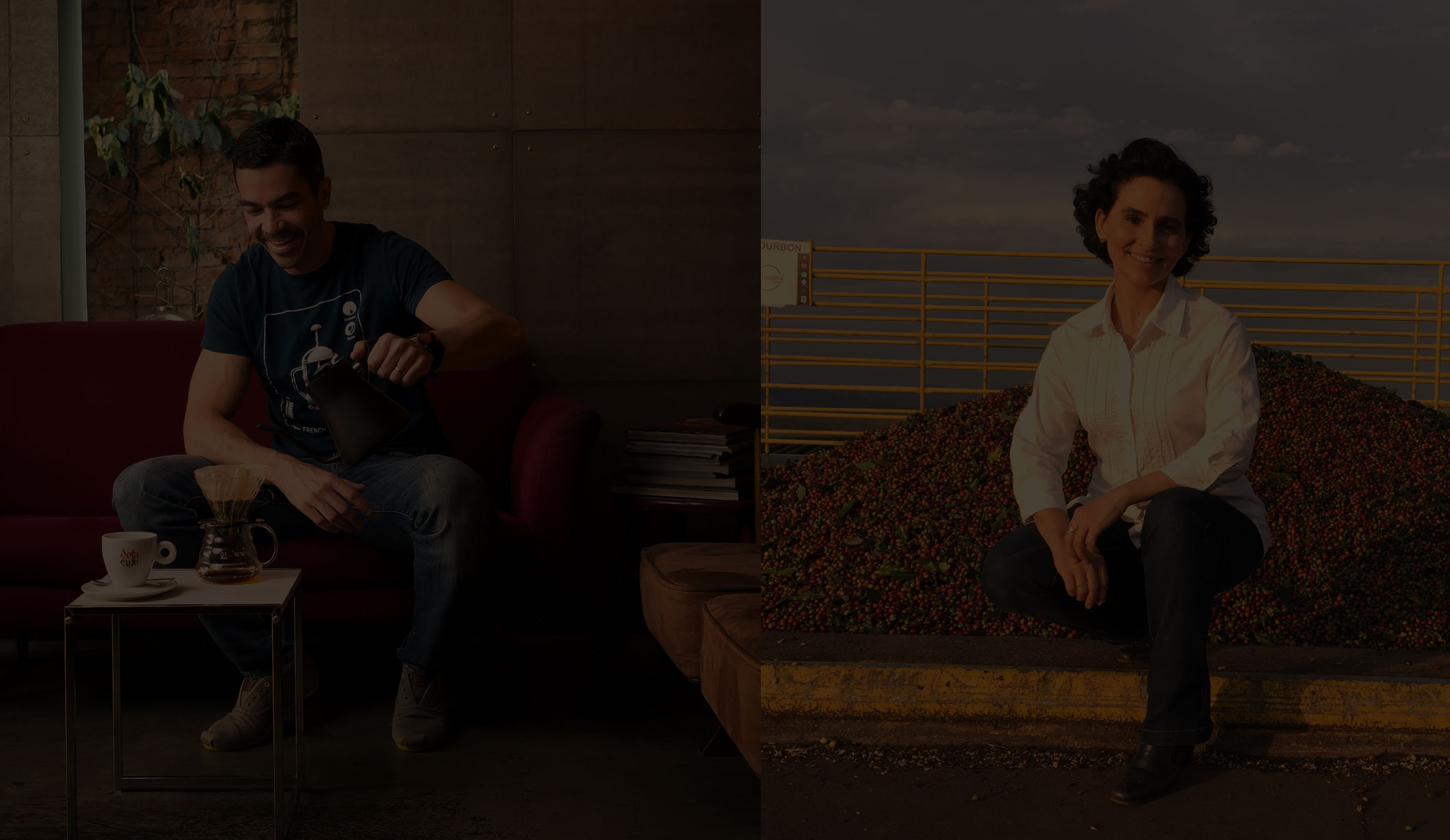
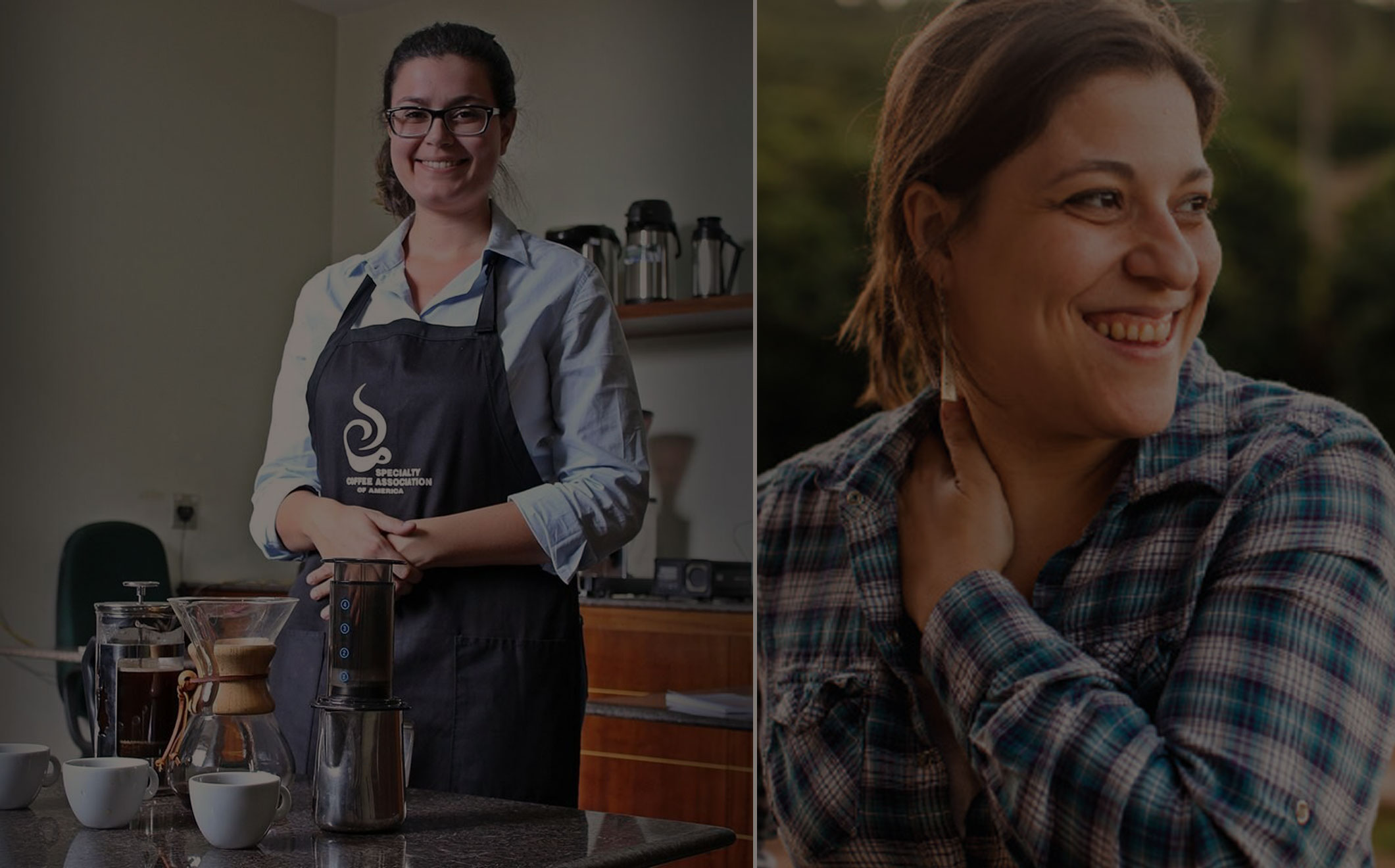
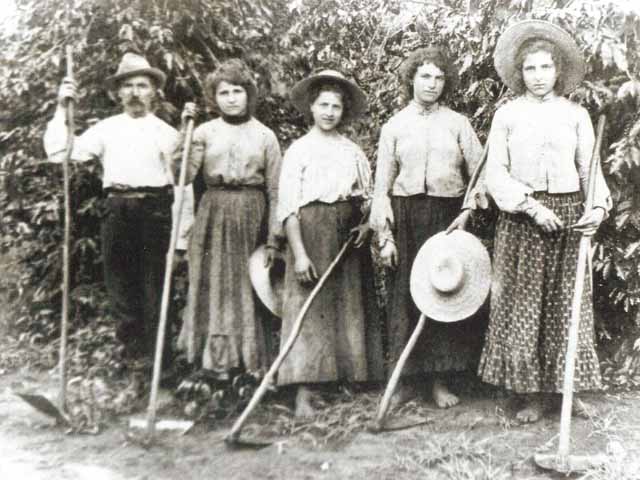
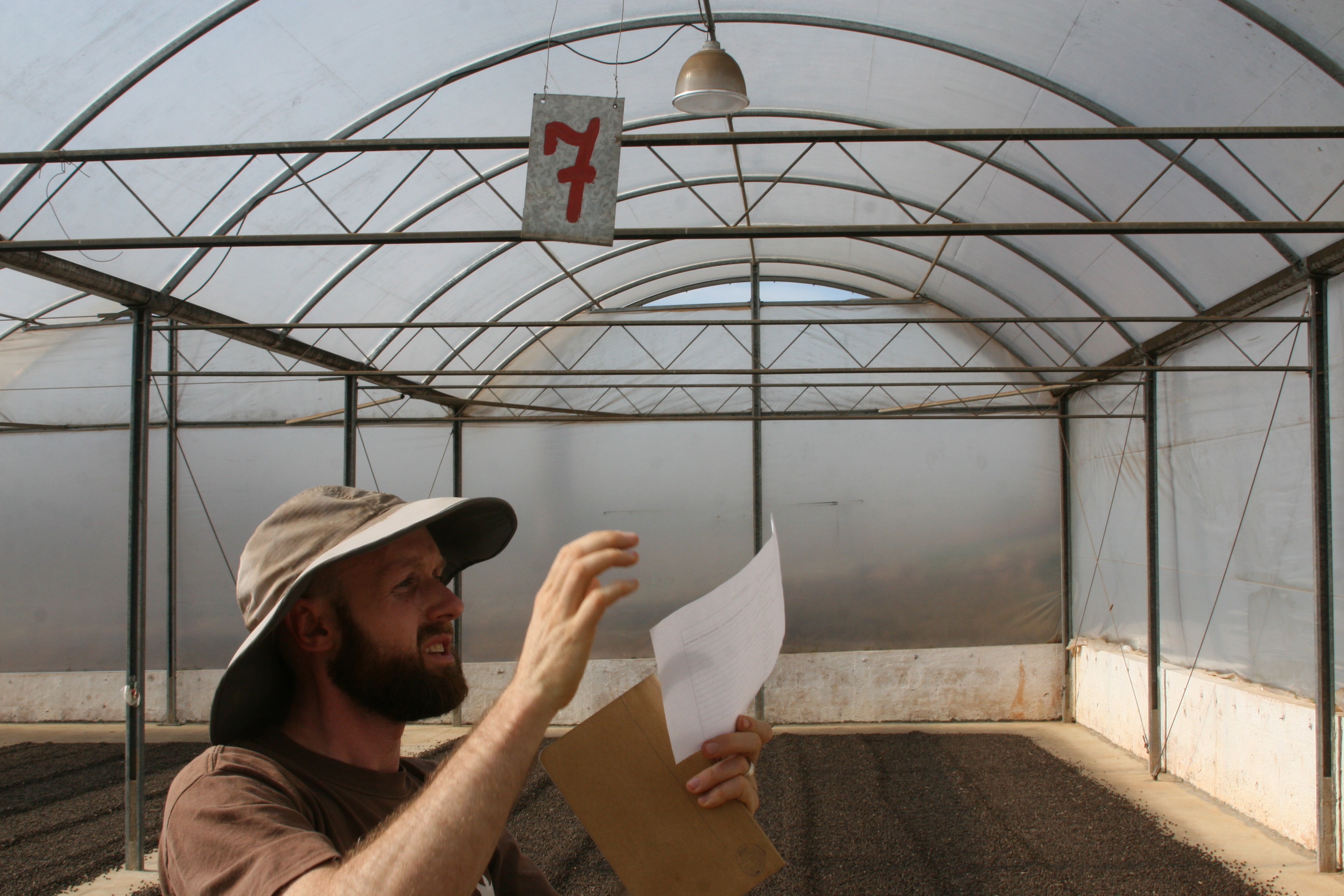
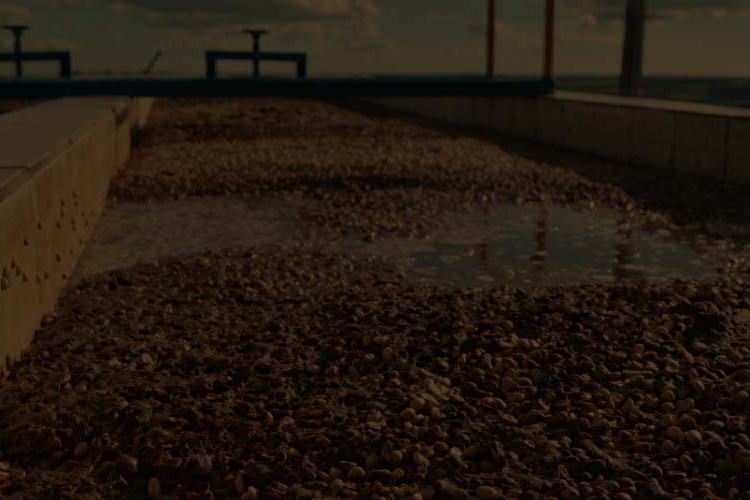



Comentários